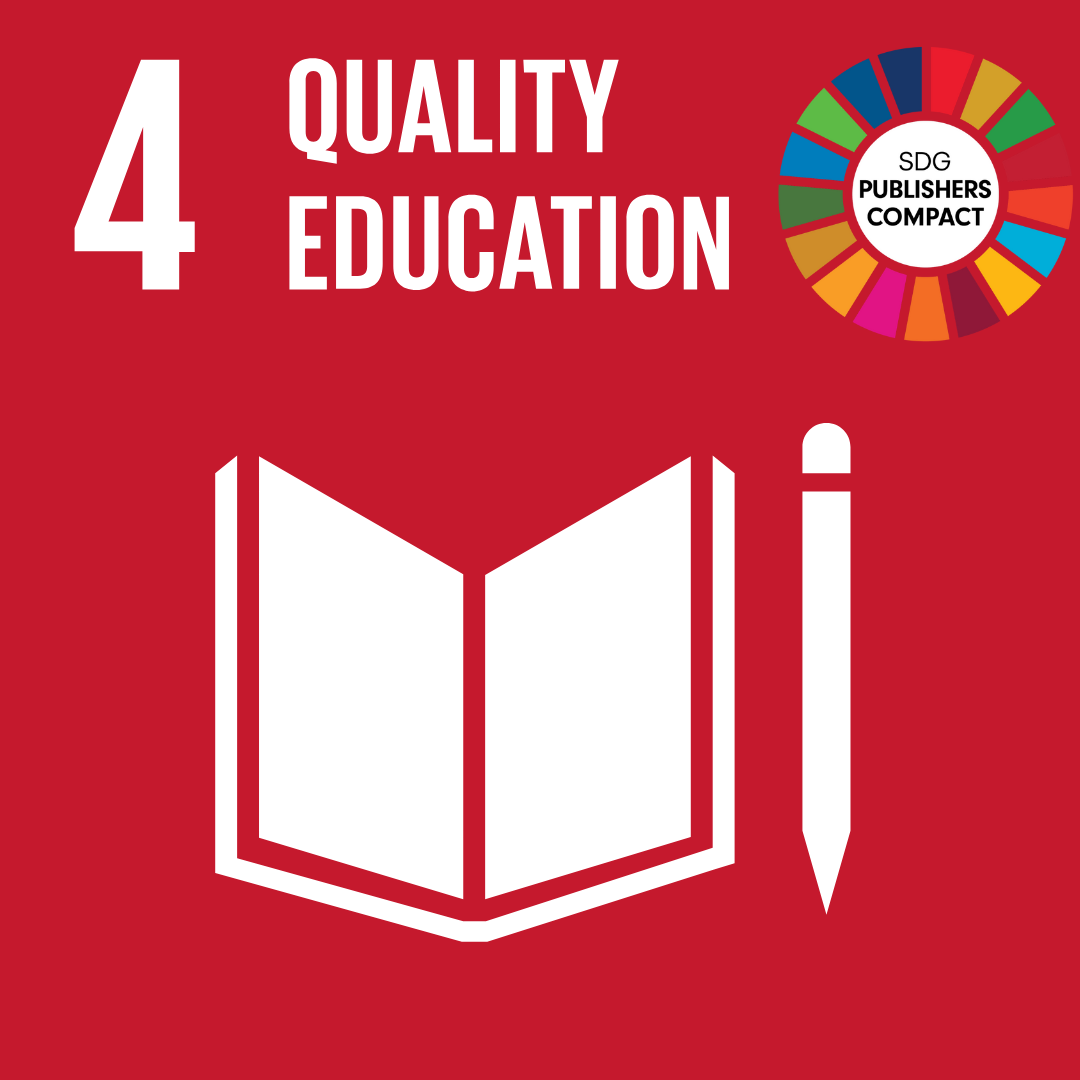GPT Alumni AI Pesquisa: A Practical Tutorial for the Adoption and Ethical Use of AI in Scientific Research
DOI:
https://doi.org/10.21434/IberoamericanJCG.v11i00.156Keywords:
Artificial Intelligence, GPT-4, Research Ethics, Science, Chatgpt, ChatbotAbstract
Objective: This tutorial introduces the use of Alumni AI Pesquisa, a chatbot based on GPT-4, publicly available on the OpenAI platform, designed to support the ethical and transparent use of Artificial Intelligence (AI) in academic research. The aim is to guide authors, editors, and reviewers in the responsible application of AI, ensuring scientific integrity throughout the editorial process.
Method: The tutorial provides a step-by-step guide on how to access and utilize Alumni AI Pesquisa. The GPT-4 offers guidance on the ethical use of AI in academic writing, the oversight of editorial decisions assisted by AI, as well as compliance with editorial guidelines and manuscript formatting. Correct usage of AI is promoted through practical examples and references to global best practices.
Results: Alumni AI Pesquisa provides immediate support tailored to different user profiles (authors, editors, and reviewers), encouraging transparent AI use in manuscripts. The tool ensures that AI-assisted decisions are validated by human supervisors, guaranteeing adherence to ethical and technical standards.
Conclusions: Publicly available on the OpenAI platform, Alumni AI Pesquisa, powered by GPT-4, significantly contributes to the promotion of scientific integrity by facilitating responsible AI use in the academic environment. It is recommended that the use of the tool be cited in publications, explicitly mentioning the version (GPT-4).
References
Alumni AI Pesquisa. (2024). GPT-4 customizado para orientação ética e responsável no uso de IA em pesquisas acadêmicas. OpenAI. Disponível em [https://platform.openai.com/](https://platform.openai.com/)
COPE. (2021). Committee on Publication Ethics guidelines. Recuperado de https://publicationethics.org/resources/guidelines
European Commission. (2023). Living guidelines on the responsible use of generative AI in research. European Commission. https://research-and-innovation.ec.europa.eu/document/download/2b6cf7e5-36ac-41cb-aab5-0d32050143dc_en?filename=ec_rtd_ai-guidelines.pdf
Hosseini, K., Rezaei, R., & Rahimi, M. (2023). The ethics of disclosing the use of artificial intelligence tools in writing scholarly manuscripts. Science and Engineering Ethics, 29(2), 345-362. https://doi.org/10.1007/s11948-023-00491-0
Limongi, R. (2024). The use of artificial intelligence in scientific research with integrity and ethics. Review of Artificial Intelligence in Education, 5(00), e22. https://doi.org/10.37497/rev.artif.intell.educ.v5i00.22 DOI: https://doi.org/10.37497/rev.artif.intell.educ.v5i00.22 DOI: https://doi.org/10.37497/rev.artif.intell.educ.v5i00.22
SciELO. (2023). Guia de uso de ferramentas de IA na pesquisa. São Paulo: SciELO. Disponível em https://www.scielo.org
Silva, A. de O., & Janes, D. dos S. (2023). Challenges and opportunities of artificial intelligence in education in a global context. Review of Artificial Intelligence in Education, 4, e1. https://doi.org/10.37497/rev.artif.intell.education.v4i00.1 DOI: https://doi.org/10.37497/rev.artif.intell.education.v4i00.1 DOI: https://doi.org/10.37497/rev.artif.intell.education.v4i00.1
Silva, A. de O., & Janes, D. dos S. (2020). Exploring the role of artificial intelligence in education: a comprehensive perspective. Review of Artificial Intelligence in Education, 1, e5. https://doi.org/10.37497/rev.artif.intell.education.v1i00.5 DOI: https://doi.org/10.37497/rev.artif.intell.education.v1i00.5 DOI: https://doi.org/10.37497/rev.artif.intell.education.v1i00.5
Texas Tech University Libraries. (2023). AI tools: Artificial intelligence tools for detection, research and writing. Recuperado de https://guides.library.ttu.edu/artificialintelligencetools/aitools
UNESCO. (2023). Recommendation on the ethics of artificial intelligence. Recuperado de https://unesdoc.unesco.org/ark:/48223/pf0000377897
Zielinski, C., Winker, M. A., Aggarwal, R., Ferris, L. E., Heinemann, M., & Lapeña, J. F. (2023). Chatbots, generative AI, and scholarly manuscripts: WAME recommendations on chatbots and generative artificial intelligence in relation to scholarly publications. Current Medical Research and Opinion, 40(1), 11–13. https://doi.org/10.1080/03007995.2023.2286102 DOI: https://doi.org/10.1080/03007995.2023.2286102 DOI: https://doi.org/10.1080/03007995.2023.2286102

Downloads
Published
How to Cite
Issue
Section
License
Authors who publish with this journal agree to the following terms:
1. Authors who publish in this journal agree to the following terms: the author(s) authorize(s) the publication of the text in the journal;
2. The author(s) ensure(s) that the contribution is original and unpublished and that it is not in the process of evaluation by another journal;
3. The journal is not responsible for the views, ideas and concepts presented in articles, and these are the sole responsibility of the author(s);
4. The publishers reserve the right to make textual adjustments and adapt texts to meet with publication standards.
5. Authors retain copyright and grant the journal the right to first publication, with the work simultaneously licensed under the Creative Commons Atribuição NãoComercial 4.0 internacional, which allows the work to be shared with recognized authorship and initial publication in this journal.
6. Authors are allowed to assume additional contracts separately, for non-exclusive distribution of the version of the work published in this journal (e.g. publish in institutional repository or as a book chapter), with recognition of authorship and initial publication in this journal.
7. Authors are allowed and are encouraged to publish and distribute their work online (e.g. in institutional repositories or on a personal web page) at any point before or during the editorial process, as this can generate positive effects, as well as increase the impact and citations of the published work (see the effect of Free Access) at http://opcit.eprints.org/oacitation-biblio.html
• 8. Authors are able to use ORCID is a system of identification for authors. An ORCID identifier is unique to an individual and acts as a persistent digital identifier to ensure that authors (particularly those with relatively common names) can be distinguished and their work properly attributed.










